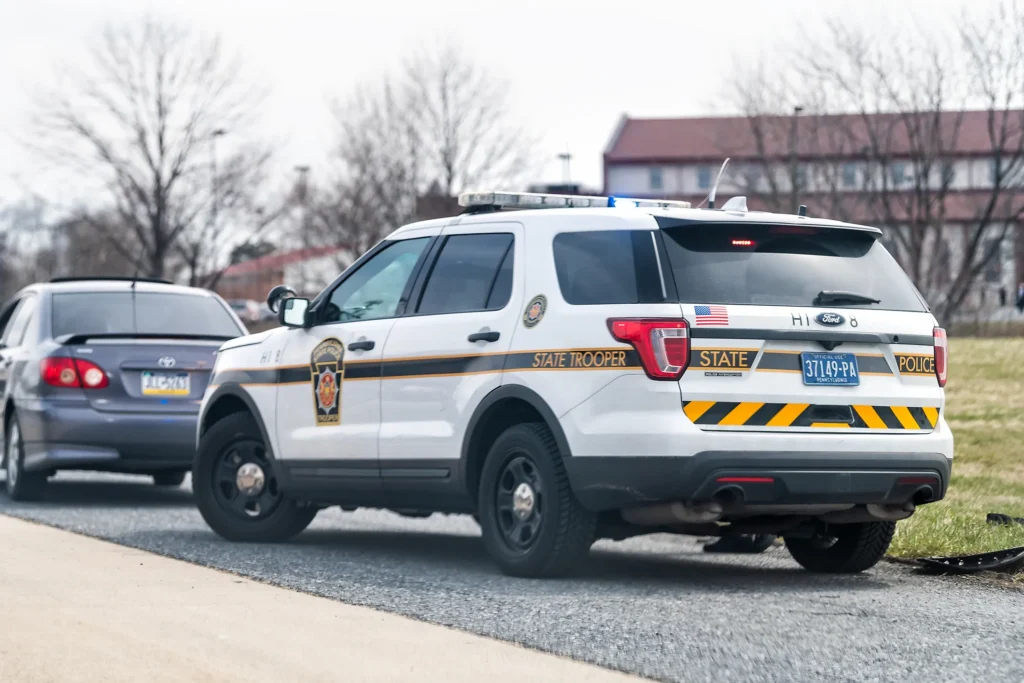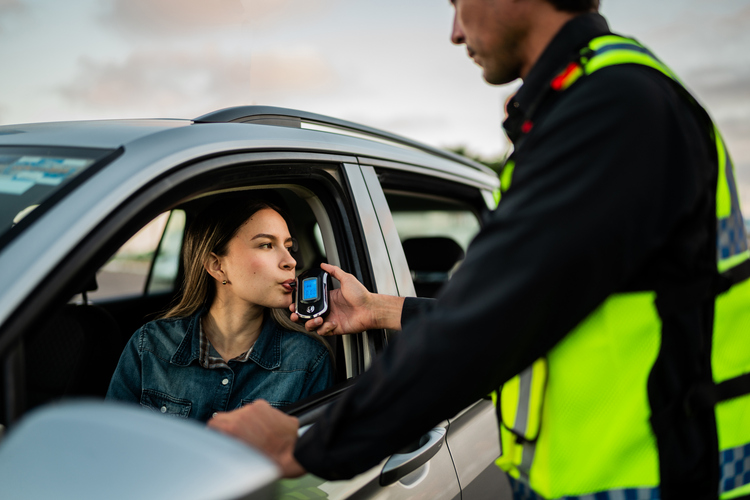Pennsylvania has faced a decades-long battle with drunk driving. The Keystone State reportedly has one of the highest rates of DUI in the country, but thanks to recent changes in legislation, the deadly trend is beginning to improve. In 2022, police across the state recorded 42,409 arrests for driving under the influence (DUI), a reduction from the 44,531 arrests made in 2021.
Additionally, the number of drugged driving charges filed in 2022 amounted to 29,678, which is lower compared to the 35,023 charges filed in the previous year. These figures indicate that over 35% of all DUI law charges in 2022 were for drugged driving.

Pennsylvania DUI laws over the years
Pennsylvania enacted substantial re-writes of its DUI laws in 2004, 2014, 2016, and 2018. Effective February 1, 2004, individuals arrested for DUI face harsher penalties for all levels of DUI (general impairment, high rate, highest rate of alcohol, and controlled substance).
Early law changes
These are some elements included in the 2004 revision.
General Impairment (75 Pa.C.S. Section 3802) (a)
- An individual may not be in actual physical control of the movement of a vehicle after imbibing a sufficient amount of alcohol such that the individual is rendered incapable of safely driving, operating, or being in actual physical control of the vehicle
- An individual may not be in actual physical control of the movement of a vehicle after imbibing a sufficient amount of alcohol such that the alcohol concentration in the individual’s blood or breath is at least .08% but less than .10% within two hours after the individual has driven, operated or been in actual physical control of the movement of the vehicle.
High Rate of Alcohol (75 Pa.C.S. Section 3802) (b)
An individual may not be in actual physical control of the movement of a vehicle after imbibing a sufficient amount of alcohol such that the alcohol concentration in the individual’s blood or breath is at least .10% but less than .15% within two hours after the individual has driven, operated or been in actual physical control of the movement of the vehicle.
Highest Rate of Alcohol (75 Pa.C.S. Section 3802) (c)
An individual may not be in actual physical control of the movement of a vehicle after imbibing a sufficient amount of alcohol such that the alcohol concentration in the individual’s blood or breath is at least .16% or higher within two hours after the individual has driven, operated or been in actual physical control of the movement of the vehicle.
Controlled substances (75 Pa.C.S. Section 3802) (d)
An individual may not be in actual physical control of the movement of a vehicle under any of the following circumstances: (1) there is in the individual’s blood any amount of a (i) Schedule I controlled substance, as defined in the Controlled Substance, Drug, Devise and Cosmetic Act or (ii) Schedule II or Schedule III controlled substance, as defined in the Controlled Substance, Drug, Devise and Cosmetic Act which has not been medically prescribed for the individual or (iii) metabolite of a substance under paragraph (i) or (ii).
Minors (75 Pa.C.S. Section 3802) (e)
A minor (an individual under 21 years of age) may not be in actual physical control of the movement of a vehicle after imbibing a sufficient amount of alcohol such that the alcohol concentration in the individual’s blood or breath is .02% or higher within two hours after the individual has driven, operated or been in actual physical control of the movement of the vehicle.
Later law changes
In 2014, the Pennsylvania Senate passed additional changes to DUI law to close the legal “loopholes” for repeat offenders. The law states that drivers arrested for DUI can no longer have their second DUI treated as a first offense due to timing. The revision also maintains that drivers accused of DUI will face harsher penalties by refusing a chemical or breath test.
In 2016, the Pennsylvania Senate unanimously approved a law that would expand the use of ignition interlock devices (IIDs) for people arrested for driving under the influence. Senate Bill 290 allows for DUI offenders to be immediately eligible for an IID as long as they were not charged with DUI in the past 10 years.
In 2018, Senate Bill 961 was signed into law by an overwhelming majority. The Bill introduced a new felony classification for repeat DUI offenders. Under this law, a person convicted of a third offense DUI can be charged with a felony if their BAC is 0.16% or higher. A fourth offense DUI is treated as a felony regardless of the offender’s BAC.
Bill 961 also increased the penalties for vehicular homicide while driving under the influence, especially if the offender has prior DUI convictions. A person convicted of DUI with a prior conviction faces a minimum prison sentence of five years; if they have two prior DUIs, the minimum sentence increases to seven years.
Ignorance of Pennsylvania DUI laws is no excuse. Get started on a strong defense today.
The new DUI laws are harsh and complex. Having your charges dropped or reduced on your own is virtually impossible. You must contact a Pennsylvania DUI attorney today. Call Steven Kellis at (215) 543-6566 to schedule your free case consultation.

